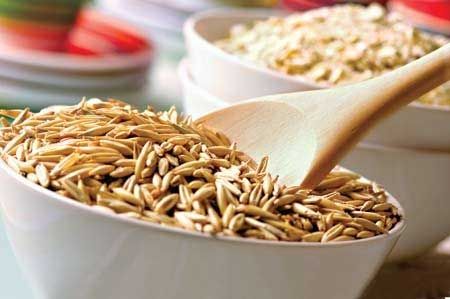
All iLive content is medically reviewed or fact checked to ensure as much factual accuracy as possible.
We have strict sourcing guidelines and only link to reputable media sites, academic research institutions and, whenever possible, medically peer reviewed studies. Note that the numbers in parentheses ([1], [2], etc.) are clickable links to these studies.
If you feel that any of our content is inaccurate, out-of-date, or otherwise questionable, please select it and press Ctrl + Enter.
How to become a long-lived person: useful tips
Last reviewed: 01.07.2025
We eat to live, but we can eat to live even longer and better. Ilive presents 10 useful tips to help you extend your life.
A little wine wouldn't hurt

Scientists have proven that moderate consumption of red wine helps slow the decline in cardiovascular performance associated with age-related changes. Dry red wine contains antioxidants and a useful coloring pigment that help reduce bad cholesterol and break down fats.
Lenten menu
A study conducted by experts from Loma Linda University Medical Center in California showed that people who eat less meat live longer. This is because their menu is not only less saturated with fat, but also includes more fruits, vegetables and whole grains, which are rich in vitamins, antioxidants and minerals.
Eat like an Okinawan
Residents of Okinawa, Japan's southernmost prefecture, are known for their longevity and low risk of age-related diseases. Research suggests that this is because their diet is made up of healthy foods. Okinawans eat fewer calories, but their diet is rich and nutritious. In particular, they eat a lot of tofu, which is rich in protein, beta-carotene, and vitamin C, which sweet potatoes provide.
 [ 3 ]
[ 3 ]
What are the benefits of watermelon?
Watermelon is a source of lycopene, an antioxidant known to reduce the risk of cancer and cardiovascular disease. Scientists say that if you store watermelons at room temperature instead of refrigerating them, the production of lycopene increases.
Eat more fats
This may not sound like helpful advice, but the secret is to supply your body with healthy fats, namely monounsaturated fats. This will help lower bad cholesterol, raise good cholesterol, and reduce the risk of developing atherosclerosis. Foods high in monounsaturated fats include nuts, butter, avocados, and olives.
Don't rush while eating
A person who does not rush while eating finds it easier to feel full and stop so as not to eat too much. You need to get rid of the habit of swallowing the contents of the plate in a hurry, so you can control the amount of food you eat and eat less calories.
Cranberry - the berry of longevity
According to doctors, regular consumption of northern berries prolongs life and improves health. In particular, we are talking about cranberries, which are rich in proteins, fiber, mono- and polysaccharides, and organic acids. Cranberries activate physical and mental activity, refresh, tone and invigorate, and also protect against strokes and heart attacks.
Tasty and healthy fish
Omega-3 fatty acids contained in fish lower the level of harmful cholesterol, have an anti-inflammatory effect on the body and reduce the risk of cancer and heart attack. The best sources of omega-3 fatty acids are salmon, trout and herring. If you don’t like fish, then add flax seeds, spinach and walnuts to your diet.
More fruits and vegetables
Vitamin C, which is abundant in most fruits and vegetables, will protect the body from harmful free radicals. Unfortunately, vitamin C is water-soluble and cannot be stored in the body. To maintain sufficient vitamin C, eat fruits and vegetables several times a day.
Increase your fiber intake

Research conducted in the American Journal of Clinical Nutrition suggests that the more fiber a person gets, the lower the risk of coronary heart disease. The daily recommended dose is 25 to 35 grams of fiber.
